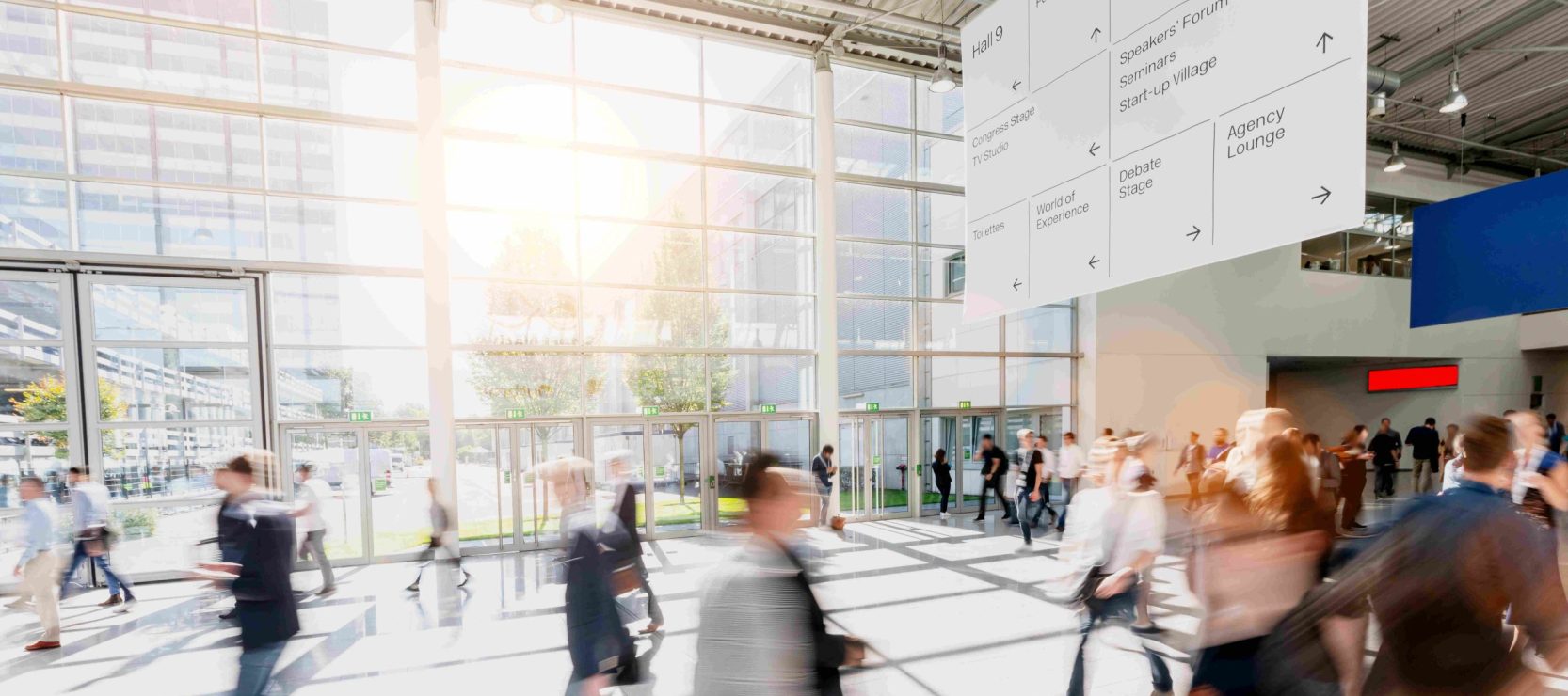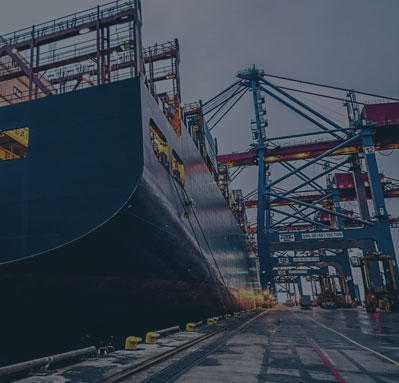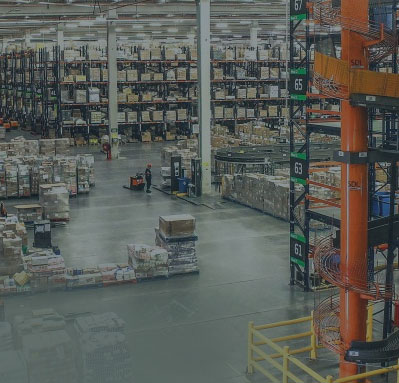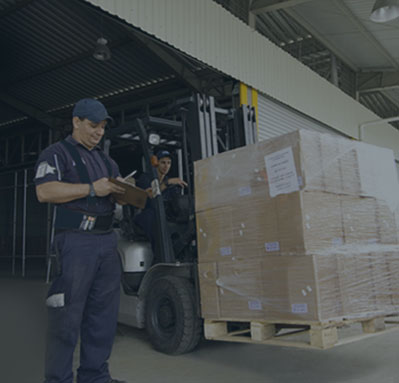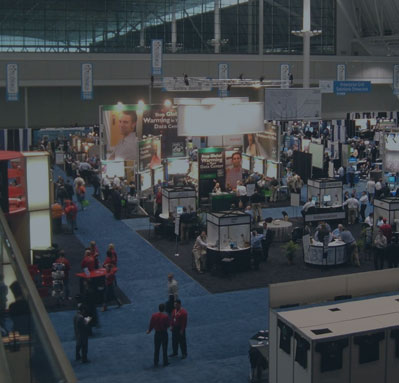Exhibition logistics services play a crucial role in the success of events, offering a blend of transportation, handling, and coordination expertise. They ensure that exhibits and related materials arrive safely, on time, and in perfect condition, while also handling the complex logistics of setting up and breaking down displays. Here’s an exploration of their impact:
What are Exhibition Logistics Services?
Exhibition logistics involve the meticulous planning and execution of transporting, managing, and setting up materials for various events such as trade shows, art exhibitions, and conferences. This specialized service encompasses a range of activities including transportation, customs clearance, on-site handling, and storage.
The effectiveness of exhibition logistics is crucial for the success of these events, ensuring that all exhibits and related materials arrive safely, on time, and in perfect condition. This service plays a pivotal role in the seamless operation of events, handling the complex logistics of setting up and dismantling displays, and dealing with the myriad of details that ensure a successful event experience.
Key Components of Exhibition Logistics Services
Transportation and Custom Clearance
In the realm of exhibition logistics, navigating the complexities of cross-border transportation is a critical skill. Logistics experts are proficient in handling a variety of international shipping laws, customs regulations, and the intricate paperwork involved. This expertise is essential for ensuring that all exhibits comply with the specific regulations of both the origin and destination countries, thus avoiding potential delays, fines, or additional costs associated with customs issues. This focused approach is fundamental to ensuring a smooth, uninterrupted journey for exhibits, which is crucial for keeping events on schedule and within budget.
On-Site Handling and Setup
Once the exhibits arrive, on-site handling and setup are crucial. Exhibition logistics teams are responsible for unloading, assembling, and arranging displays, a task demanding precision and care to prevent any damage. Additionally, they play a pivotal role in coordinating with venue staff, aligning their efforts with the event’s overall theme and layout requirements. These teams often work within tight schedules, ensuring everything is meticulously prepared and in place before the event commences, contributing significantly to the seamless execution and visual appeal of the event.

The Role of Technology in Exhibition Logistics
Modern exhibition logistics services are bolstered by a range of advanced technologies, each playing a significant role in enhancing efficiency and effectiveness:
- Real-Time Tracking Systems: These systems enable organizers and exhibitors to monitor the location and status of their items in real time, providing constant visibility and peace of mind.
- Advanced Logistics Software: This software facilitates efficient route planning, inventory management, and ensures seamless communication between all parties involved. It often includes features for order management, scheduling, and reporting.
- RFID Technology: Radio-frequency identification (RFID) tags are used for tracking individual items, improving inventory accuracy and streamlining the check-in and check-out processes at events.
- Data Analytics Tools: These tools analyze logistics data to optimize routes, predict potential delays, and improve overall logistics planning.
- Automated Material Handling Systems: These systems, including conveyor belts and automated guided vehicles (AGVs), are used for the efficient movement and handling of exhibits within the event venue.
- Cloud Computing Platforms: Cloud-based solutions enable centralized data storage and access, facilitating collaboration and data sharing among different stakeholders.
- Mobile Applications: Customized mobile apps help in tracking shipments, providing updates, and facilitating communication between logistics teams and clients.
- 3D Layout and Simulation Software: This software allows for the virtual planning and visualization of exhibition spaces, aiding in the design and layout of exhibits before physical setup.
- Internet of Things (IoT) Devices: IoT devices can monitor environmental conditions (like temperature and humidity) that might affect sensitive exhibits during transport and storage.
These technologies collectively contribute to the efficiency, reliability, and success of exhibition logistics services, ensuring events run smoothly and effectively.
Storage and Warehousing
Storage and warehousing are integral components of exhibition logistics. These services offer secure storage solutions for exhibits both before and after the event, ensuring the safety and integrity of the items. This aspect is particularly crucial for multi-day events or when there’s a gap between the arrival of exhibits and the start of the event, as it allows for the proper preservation and protection of the exhibits. Additionally, these storage solutions often include advanced features such as climate control and 24/7 security monitoring, further ensuring that all items remain in pristine condition throughout their storage period.
Crisis Management and Problem Solving
Exhibition logistics providers are not only skilled in managing routine tasks but also excel in crisis management. They are well-equipped to tackle unexpected situations such as delays, damages, or logistical errors, thanks to their extensive experience and preparedness. Their ability to quickly devise and implement solutions is crucial in preventing disruptions to the event schedule. Furthermore, these providers often have contingency plans in place and maintain a network of resources and contacts that can be mobilized swiftly in response to any crisis. This proactive approach ensures that even in the face of unforeseen challenges, the impact on the event is minimized, and solutions are executed with minimal delay.
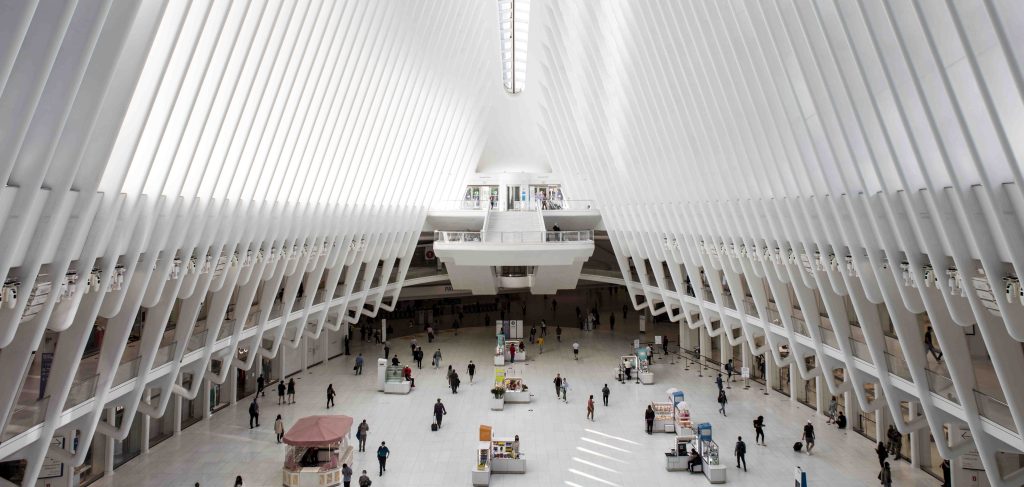
Future Trends in Exhibition Logistics
The landscape of exhibition logistics is poised for transformative changes, driven by technological advancements and evolving industry needs. Here’s a closer look at the emerging trends:
- Increased Automation: Automation is set to play a more prominent role in exhibition logistics. This includes the use of robotic systems for loading and unloading exhibits, automated sorting systems, and self-driving vehicles for transportation. These innovations will streamline operations, reduce manual labor, and enhance precision in handling exhibits.
- Sustainable Practices: Sustainability will become a core focus. Logistics providers will increasingly adopt eco-friendly practices such as using electric or hybrid vehicles, implementing waste reduction strategies, and employing renewable energy sources in warehouses. Sustainable packaging materials will also be prioritized to minimize environmental impact.
- Integration of Virtual and Physical Components: Hybrid events, which combine virtual and physical elements, will continue to grow in popularity. This trend will require logistics providers to support both digital platforms (like VR and AR for virtual exhibitions) and traditional physical logistics, creating a seamless blend of both worlds.
- Drone Technology: Drones are expected to become more prevalent for quick, small-scale deliveries, especially in congested urban areas or large event venues. They offer a fast and efficient way to transport items, bypassing traditional road traffic challenges.
- Advanced AI and Machine Learning: AI and machine learning will revolutionize route optimization, predictive maintenance of logistics equipment, and inventory management. AI algorithms can analyze vast amounts of data to optimize delivery routes, predict potential disruptions, and enhance decision-making processes.
- 3D Printing: The use of 3D printing in exhibition logistics could allow for on-site production of certain exhibit components, reducing the need for transporting these items and enabling last-minute modifications or replacements.
- Blockchain Technology: Blockchain could be implemented for better transparency and security in logistics operations. It offers a decentralized and tamper-proof ledger system for tracking transactions and movements of goods, enhancing trust among all stakeholders.
- Customized Logistics Solutions: Tailored logistics solutions will become more common, addressing specific needs of different types of exhibitions, be it art, technology, or trade shows. This customization will provide more flexibility and efficiency in logistics planning and execution.
Partner with Cargoline for Exceptional Exhibition Logistics Services
At Cargoline, we are more than just logistics providers; we are your partners in success for every exhibition. Our team excels in handling every detail of exhibition logistics, from the meticulous transportation and setup of your exhibits to navigating the ever-evolving challenges of event logistics. We ensure your events unfold flawlessly, leaving exhibitors delighted and attendees with unforgettable experiences. Embrace the future of exhibition logistics with Cargoline, where innovation meets expertise.
Contact us now to transform your next event into a standout success. Schedule your logistic consultation today.
